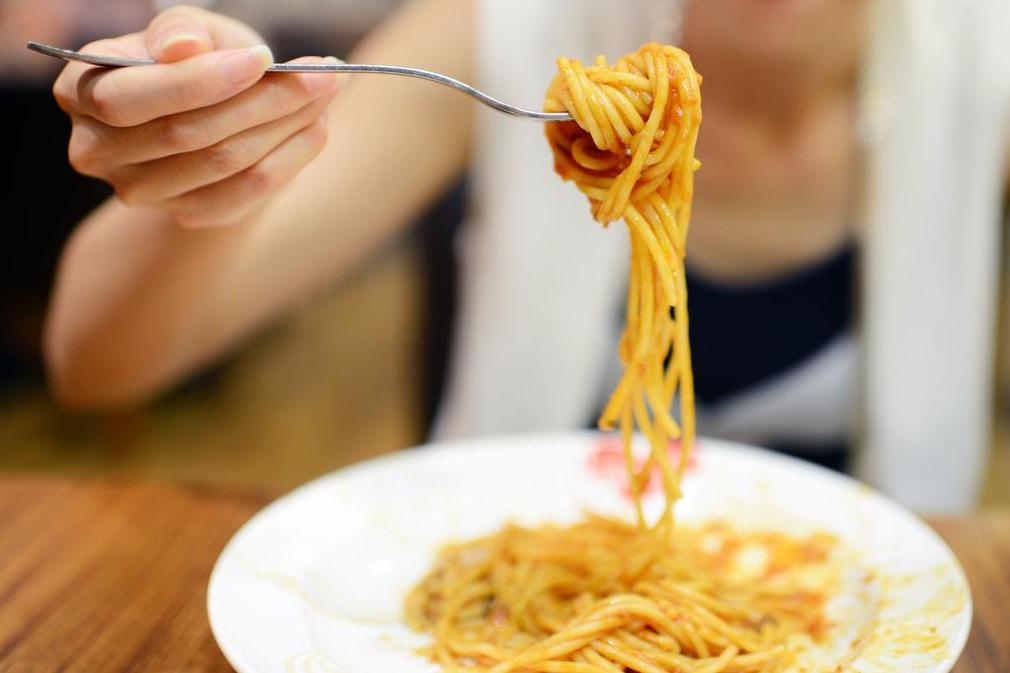What eating carbs really does to your body
With many carb-heavy foods being unfairly blacklisted, it can be hard for us to understand what they actually do

We should all eat a balanced diet, and binging on carbs is a known nutritional no-no.
But they're still an essential part of any healthy diet - so what happens to them after they're eaten?
In a popular video on YouTube channel Braincraft, Vanessa Hill has spelled it out and explained it in simple terms.
In a recent video, Hill explains that carbohydrates are used to provide the body with energy throughout the day and fall into three separate categories – sugars, starches and dietary fibres.
Sugars can be found in foods like milk and fruit, starches in pasts and potatoes, and dietary fibres in vegetables.
Creative vegan dishes from YouTubers - In pictures
Show all 15So what happens to your body when you eat them? Here comes the science bit.
Starches and dietary fibres are made up of long chains of sugars and, when we eat them, saliva and stomach acid break them down into smaller chains.
Then, once the food reaches the small intestine, the pancreas breaks down the starches' molecular bonds and turns them into what are known as bonded sugar molecules.
These bonds are much stronger and as such can’t be digested. As a result, they pass through to the rest of the digestive system where they are further broken down and absorbed into the blood stream.
Perhaps the most important of these sugar molecules is glucose, which is actually a really vital energy source. In fact, our brain uses about half of our total body's sugar needs.
But, just like everything else, eating too many carbs can have negative side effects.
When you eat too many of them, your blood sugar rises causing your pancreas to release insulin in an attempt to bring this level down.
And, when it comes to refined carbs like white bread, pasta and fizzy drinks this can be dangerous.
A fat storage hormone, when more and more insulin circulates in your blood stream, your body attempts to convert the carbohydrates into fat and stores them as an energy reserve which can make you gain weight.
Similarly, if you eat more sugar than your body actually needs, you can develop insulin resistance and type 2 diabetes.
Of course, like most things, carbs have an unhealthy side but Vanessa insists that it’s important to remember our bodies do need them, just in moderation.
Subscribe to Independent Premium to bookmark this article
Want to bookmark your favourite articles and stories to read or reference later? Start your Independent Premium subscription today.

Join our commenting forum
Join thought-provoking conversations, follow other Independent readers and see their replies